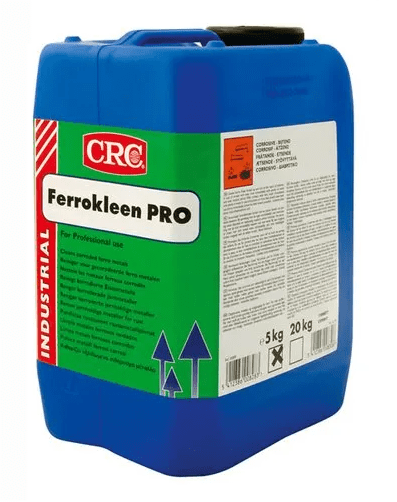WhatsApp us: +91 7758995175
|
info@autogorilla.com
Forging lubricants reduce friction, prevent wear, and facilitate the smooth operation of forging machinery. These oil essentials for optimizing forging operations and ensuring product quality.
Your request has been successfully sent to suppliers related to the product you selected. They will review your request and contact you directly via your phone number or email. Expect a response shortly!
Your request has been successfully sent to suppliers related to the product you selected. They will review your request and contact you directly via your phone number or email. Expect a response shortly!
Additives: Various additives enhance the performance of forging lubricants:
Properties of Forging Lubricant Oil
Application:
Forging lubricants are essential for the efficient and effective operation of forging processes with enhancing performance and ensuring product quality. Selecting the right and appropriate forging lubricant is important for any forging operation can significantly impact the efficiency, cost-effectiveness, and sustainability of manufacturing processes.







